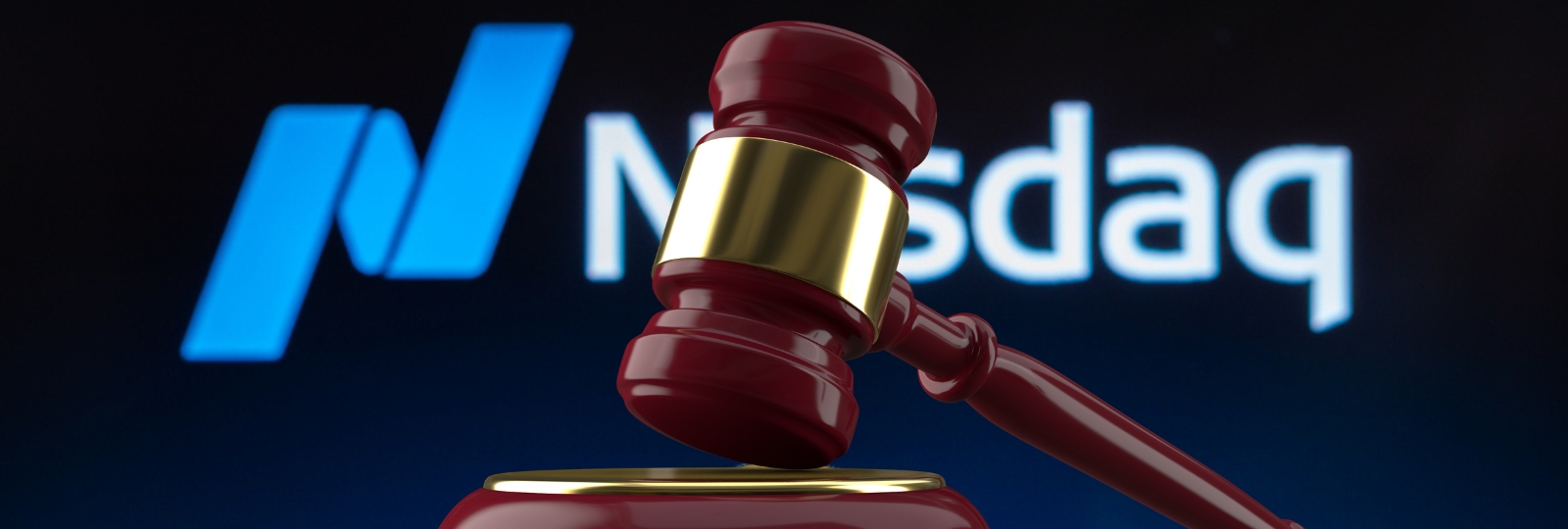With the goal of listing an Ethereum exchange-traded fund (ETF) created by Brazilian asset management association Hashdex, Nasdaq has submitted a document to the Securities and Exchange Commission (SEC). If approved, this ETF will offer exposure to both the spot market and futures contracts. This proposed ETF will be called the ‘Hashdex Nasdaq Ethereum ETF.’
Toroso Investments, a firm registered with the Commodity Futures Trading Commission (CFTC) and a member of the National Futures Association, will supervise and manage the Hashdex Nasdaq Ethereum ETF. This partnership demonstrates their commitment to providing investors with access to a variety of digital assets as well as the growing demand for Bitcoin exchange-traded funds.
The distinction between applications for recent cryptocurrency ETFs that aim to keep futures contracts and those for spot funds is crucial. The SEC has approved futures ETFs but cautioned about spot asset ETFs. Some fund managers are considering a middle-ground strategy to traverse the regulatory framework.
The Hashdex fund intends to monitor daily changes in the Nasdaq Ether Reference Price by allocating its assets among ether, CME-listed ether futures contracts, cash, and other liquid assets. The ETF’s objective is to mirror as closely as possible the fluctuations in pricing of the NASDAQ’s ETH index so that it can provide investors with a reliable means for investing in Ethereum-based assets.
Instead of retaining all of the Ether in its spot form, which could make it more susceptible to price manipulation on the open market, Nasdaq plans to combine Spot Ether, Ethereum futures agreements, and cash. The inclusion of futures contracts in addition to spot ether is intended to mitigate any potential impact of unethical practices on unregulated ether markets.
Nasdaq noted that their decision to offer ether futures contracts and EFPs on the CME Market was influenced by their belief in the benefits of regulated exchanges. Compared to spot markets, which are not subject to regulatory control, these include increased market surveillance, enhanced transparency, and enhanced investor protection. By utilizing these resources, Nasdaq intends to provide investors with access to equitable and orderly trading conditions.
Hashdex’s CEO, Marcelo Sampaio, emphasized Hashdex’s commitment to working with authorities rather than taking legal action, citing Grayscale Investments’ approach, which successfully challenged the SEC’s denial of a spot bitcoin ETF proposal. Despite the fact that we do not know when or in what context an ETF for the bitcoin market will appear, Sampaio recognized the likelihood of such an ETF in the future. His point of view emphasizes how the interaction between regulators and the Bitcoin industry is changing.
Recent activity in the cryptocurrency ETF market is evidence of a growing stakeholder presence. In imitation of VanEck, 21Shares and Ark Invest have submitted applications to establish spot ether ETFs. Due to the intricacy of regulations associated with such innovative products, the SEC has ceased making decisions on applications for these digital asset funds.
ETFs linked to digital assets is a significant move as the bitcoin market grows. These ETFs could address market manipulation and investor protection concerns while providing mainstream investors with more regulated and accessible cryptocurrency access. These ETF implementations may affect Bitcoin investments and the financial ecosystem.

